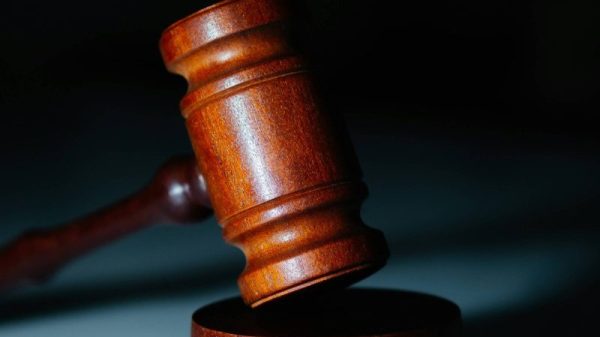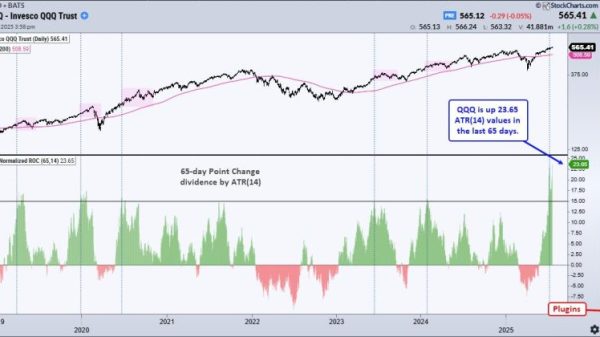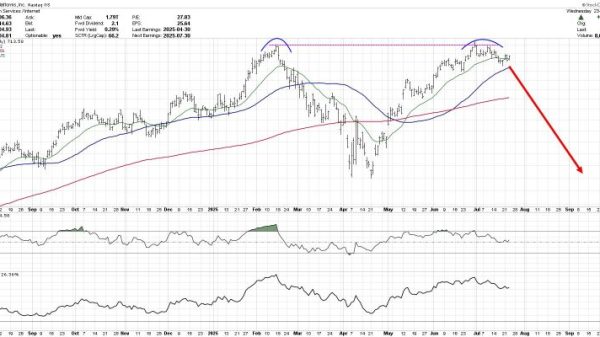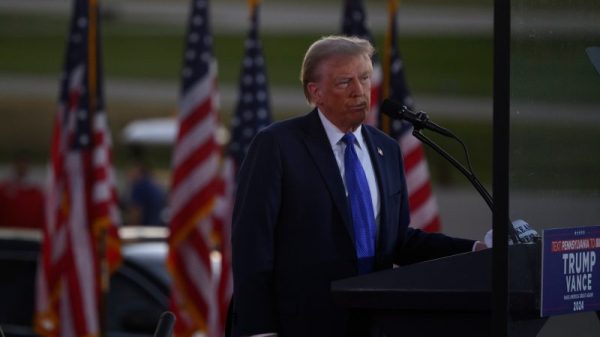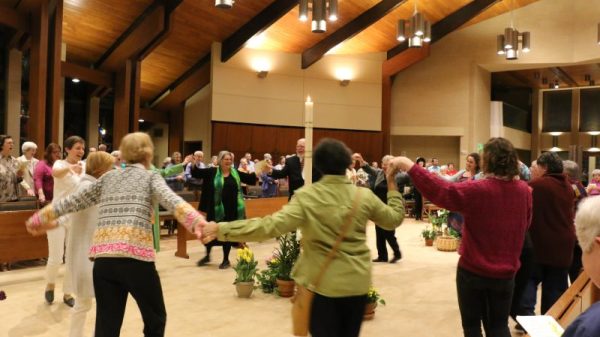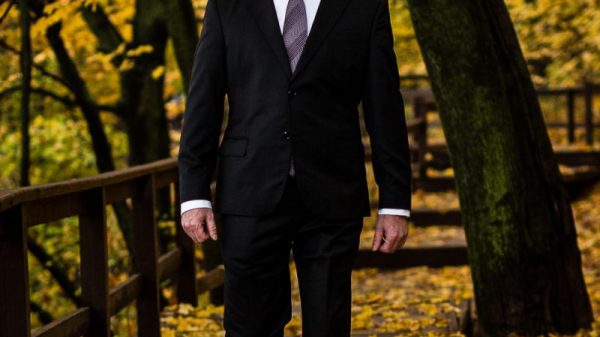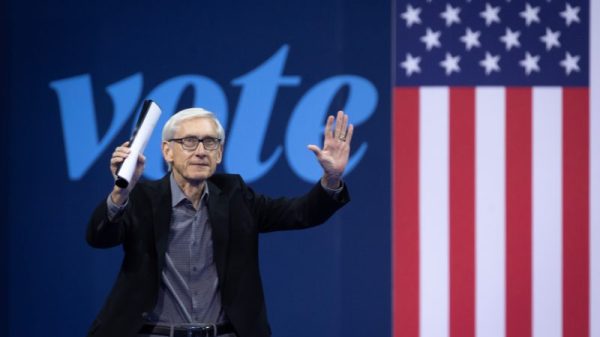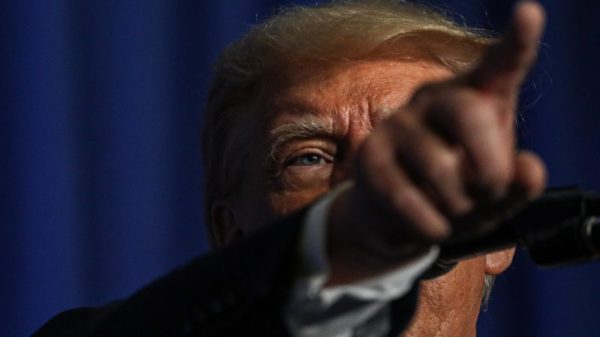A tree cutter who smoked marijuana in a senator’s office during the Jan. 6, 2021, attack on the U.S. Capitol was sentenced to 3½ years in prison Thursday after his strategy of interrupting and challenging the sentencing judge seemed to blow up in his face.
A jury in U.S. District Court in D.C. last year convicted Brandon Fellows, 29, of obstructing an official proceeding, entering a restricted building and disorderly conduct stemming from his 36-minute incursion into the Capitol with a mob of supporters of President Donald Trump. The riot delayed Congress’s official counting of electoral ballots, which showed Joe Biden had won the 2020 election.
Fellows, from Upstate New York, chose to represent himself through most of his legal proceedings and was found in contempt at his trial after calling U.S. District Judge Trevor N. McFadden a “modern-day Nazi” running a “kangaroo court.”
“In all my years as a judge, and before that as a litigator, I have never seen such contemptuous conduct,” McFadden said at Thursday’s sentencing, recalling that Fellows also made “lewd comments” to his probation officer, “outlandish accusations” against prosecutors and heckling remarks to the jury as the verdicts were being read.
“There is no grand conspiracy here against you,” the judge said as Fellows kept interrupting. “It’s time for you to grow up!”
Fellows, who is also a chimney repairman, was not charged with violent conduct, but prosecutors described him as a “cheerleader” for the riotous mob. He tried to prevent the FBI from finding him by wrapping his cellphone in foil and wiping his data. Fellows, they said, entered the Capitol through a broken window after attending Trump’s “Stop the Steal” rally at the Ellipse.
He smoked pot in an office assigned to Sen. Jeff Merkley (D-Ore.), “paraded” through the Capitol crypt with other rioters, taunted law enforcement officers, posed for photographs on a Capitol Police motorcycle outside the building, and then raved about the attack in media interviews and social media posts, prosecutors said.
“He told the jury he was having a blast,” Assistant U.S. Attorney Carolina Nevin said Thursday. When the FBI caught up with him, she said, Fellows asked for a marker to write the word “liberty” on his forehead for his mug shot. He blamed police officers for their own injuries and showed no remorse for his actions, Nevin argued.
In a court filing Tuesday that he conceded was “rambling,” Fellows continued to assert that “the election was stolen, and we had and have a right to go in and throw the people out who made this happen.” At his sentencing, he gave a 45-minute PowerPoint presentation railing against “crazy people who say a man can get pregnant,” accusing prosecutors of telling lies and bemoaning the “minimum of 23,736 hours” he had spent in jail “being treated like a terrorist without any constitutional rights.”
A liberal activist who interrupted now-Justice Brett M. Kavanaugh’s confirmation hearing for the Supreme Court in 2018 had gotten off with a much lighter sentence than he would get, Fellows argued.
“I did not think I committed any crimes,” he said, adding later, “Officers were letting people in … saying, ‘Treat this place with respect, guys,’ which seems pretty welcoming.” Outside the Capitol, people with bullhorns were claiming Vice President Mike Pence had already certified Biden’s election, although that turned out to be inaccurate, he said.
Judges are required by law to explain the reasoning behind the sentences they impose, and they seldom appreciate it when people in the courtroom add their own running commentary. As he began to announce the punishment, McFadden barely got three sentences out before earning his first jeer from the defendant.
The judge said Fellows and others who had smoked pot in the Capitol had treated it like a “frat house” and shown “utter disrespect for our first branch of government.”
“Just as they disrespect the American people,” Fellows interjected. The judge admonished him not to interrupt. Fellows chimed in again.
“Sir, sir! This is a really bad idea for you to continue to interrupt me,” an exasperated McFadden told him.
Fellows’s mother had written a letter to the court, McFadden said. Fellows protested that he had asked her not to. (She told the judge her son was a “challenging” individual.)
His grandmother submitted a letter — but “she knows nothing about this case!” Fellows declared. She thanked the judge for being “more than fair” throughout the proceedings.
Fellows argued that he thought he was allowed inside the Capitol for the riot — or, in his words, “an exciting museum tour with our supportive friends, the police” — because of a freewheeling romp he had taken at his home state’s civic mecca, the New York Capitol. “Not only can you go up and touch it, but two weeks, two or three weeks prior to January 6th, I had sex in a vehicle about 20 feet away from it,” he said at trial.
“I definitely remember that,” the judge deadpanned.
During a hearing via video before his trial began, Fellows wrote “kangaroo court” on a piece of paper and held it up to the screen, prosecutors said. While Fellows was on the witness stand at his trial in August, McFadden warned him “to answer leading questions with a ‘yes’ or ‘no’ and to avoid editorializing comments about the trial and the prosecutor’s questions,” according to an order the judge signed Aug. 30.
“While the jury rendered its verdict, he interrupted the foreperson and yelled over her, ‘This is how you radicalize people!’ When the Court thanked the jurors for their service, Fellows laughed, ‘Ha!’” prosecutors wrote in a filing.
The judge sentenced Fellows to 37 months in prison for his Jan. 6-related convictions and an additional five months for contempt related to his courtroom outbursts. Fellows convinced him throughout the legal proceedings that he had “oppositional defiance disorder,” as he claimed, the judge said.
“I shared nothing but the truth here, unlike the other party,” Fellows said.


